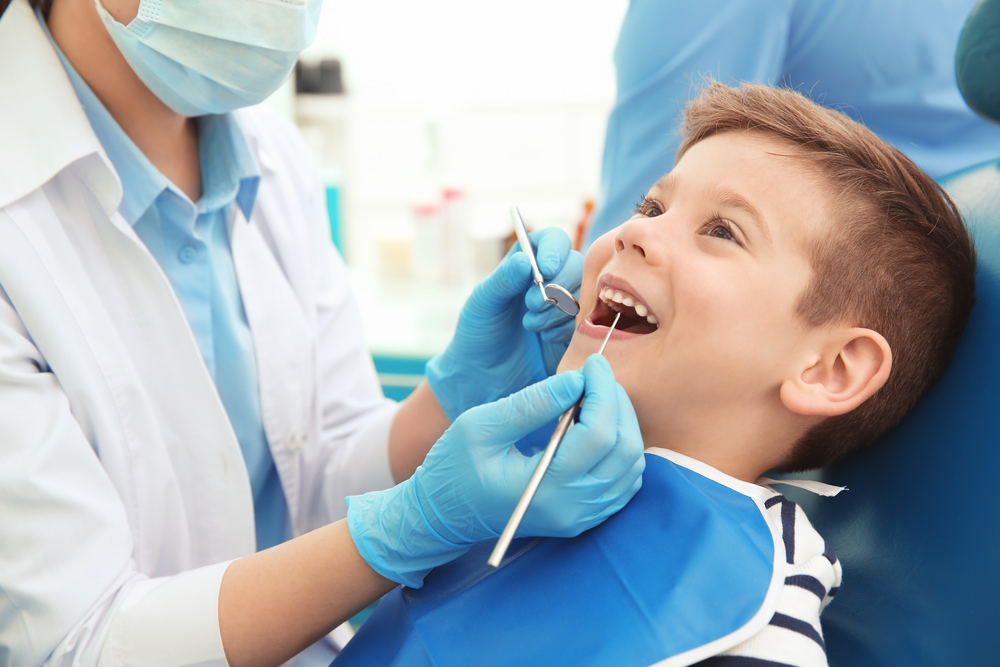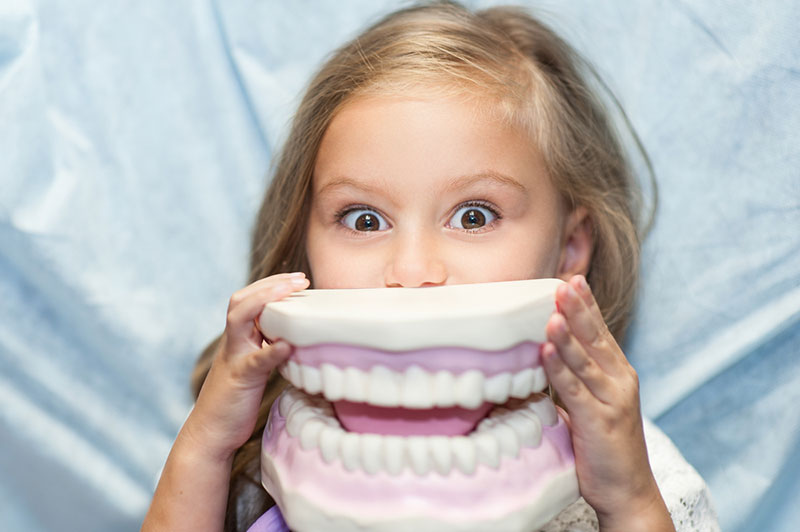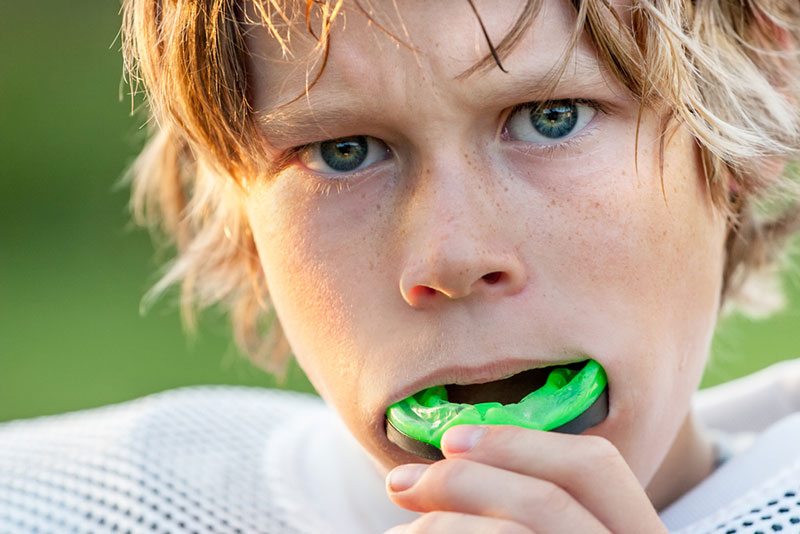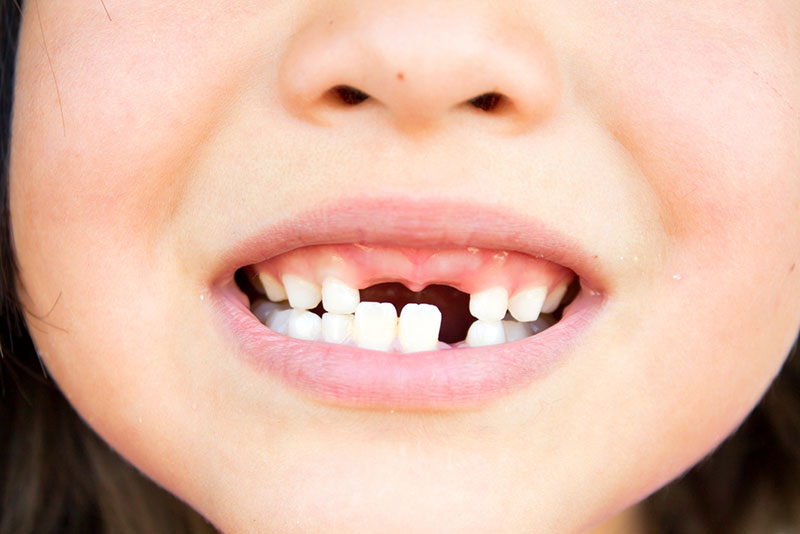The field of pediatric dentistry is constantly evolving. When working with kids, comfort, efficiency, safety and conservative treatments are the name of the game. Of course, this holds true for adults too but starting children off on the right foot with dental visits and making the experience stress-free for both patients and parents is especially important. At Innovative Pediatric Dentistry, we invest in proven, modern equipment and materials to make appointments safer, speedier, more effective and more enjoyable. Our Naperville pediatric dentists stay up to date on the latest and greatest in technology and our practice is known for its advanced approach to care (and our fun, friendly office too!). So, what is the future of pediatric dentistry shaping up to be? Here are a few pediatric dental advancements we’re most excited about:
Read More











